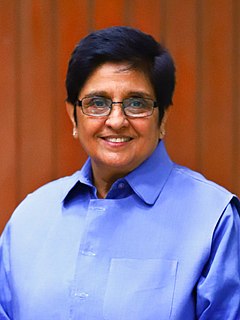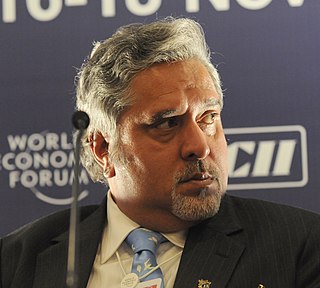A Quote by Barbara Crossette
The ratio of boys to girls is bad in three big countries in Asia: China, Vietnam, and India. It's worst in the north of India, where there's horrendous poverty. The number of girls in many of these places is so low that it has social consequences. You get young men without jobs and without women, and this leads to chaos and political danger. But the south of India is very different.
Related Quotes
In the south of India, they educated girls. Three things came together in southern India that are unbelievably coincidental. There, the local Maharajas believed in education for everybody. The Syrian Catholic Church built schools for boys and girls. And then the Communist party, which took over politics for a period of time, had very strong social policies that benefited women. As a result, girls got into school. It was the first part of the country where towns could claim to be 100 percent literate. And so there, you're going to have a sex ratio at birth that's normal.
In some parts of the world, that sex selection for boys - and it's usually for boys - reflects sex discrimination against girls, and it leads to very large imbalances - in China, in Korea, in India - in the population between boys and girls, a vast disproportion of boys to girls, and it reflects really this discriminatory attitude toward girls.
India does not need to become anything else. India must become only India. This is a country that once upon a time was called 'the golden bird'. We have fallen from where we were before. But now we have the chance to rise again. If you see the details of the last five or ten centuries, you will see that India and China have grown at similar paces. Their contributions to global GDP have risen in parallel, and fallen in parallel. Today's era once again belongs to Asia. India and China are both growing rapidly, together. That is why India needs to remain India.
There are really at least two Indias, there is an India or a shining India the one which the west seas usually through urbanize and there is an India outside some of the big metro policies and in even the tier two cities and in rural India which is completely different. It goes by the name of Bahar which is a traditional name for India.
In many developing countries, girls don't go to school. They stay home. They are at the water wells, bringing water back and forth to the village. Or they are doing chores, preparing meals, farming. Some cultures think girls and women shouldn't be educated, and those are very often the places where the treatment of women and girls is the worst.
Auroville (City of Dawn) is an 'experimental' township in Viluppuram district in the state of Tamil Nadu, India near Puducherry in South India. It was founded in 1968 by Mirra Richard (since her definitive settling in India called '[The] Mother') and designed by architect Roger Anger. Auroville is meant to be a universal town where men and women of all countries are able to live in peace and progressive harmony, above all creeds, all politics and all nationalities. The purpose of Auroville is to realize human unity.
The emergence of India as a major global power is an idea whose time has come. This is a legitimate ambition for China. This is a legitimate ambition for India. And the challenge for the humanity is to evolve a world system in which the legitimate ambitions of both our countries can find constructive expression without threatening anybody else.
... the socialization of boys regarding masculinity is often at the expense of women. I came to realize that we don't raise boys to be men, we raise them not be women (or gay men). We teach boys that girls and women are "less than" and that leads to violence by some and silence by many. It's important for men to stand up to not only stop men's violence against women but, to teach young men a broader definition of masculinity that includes being empathetic, loving and non-violent.
































